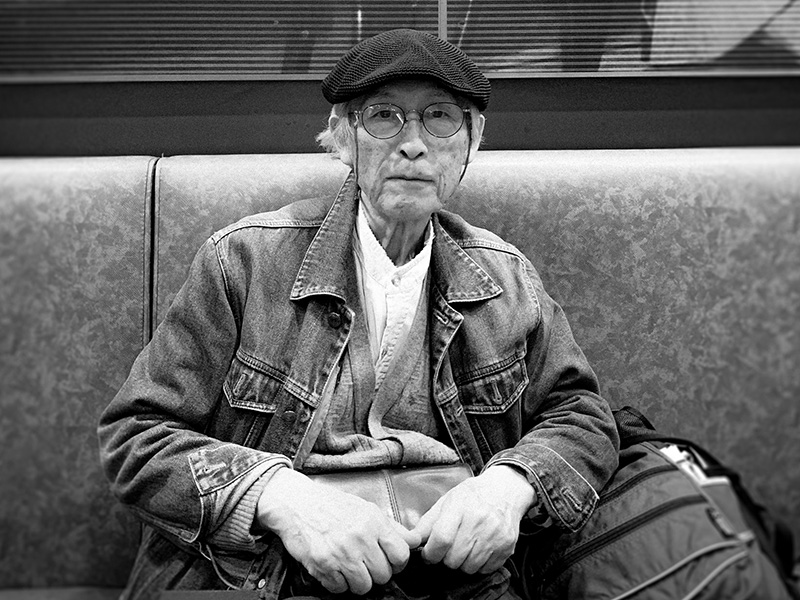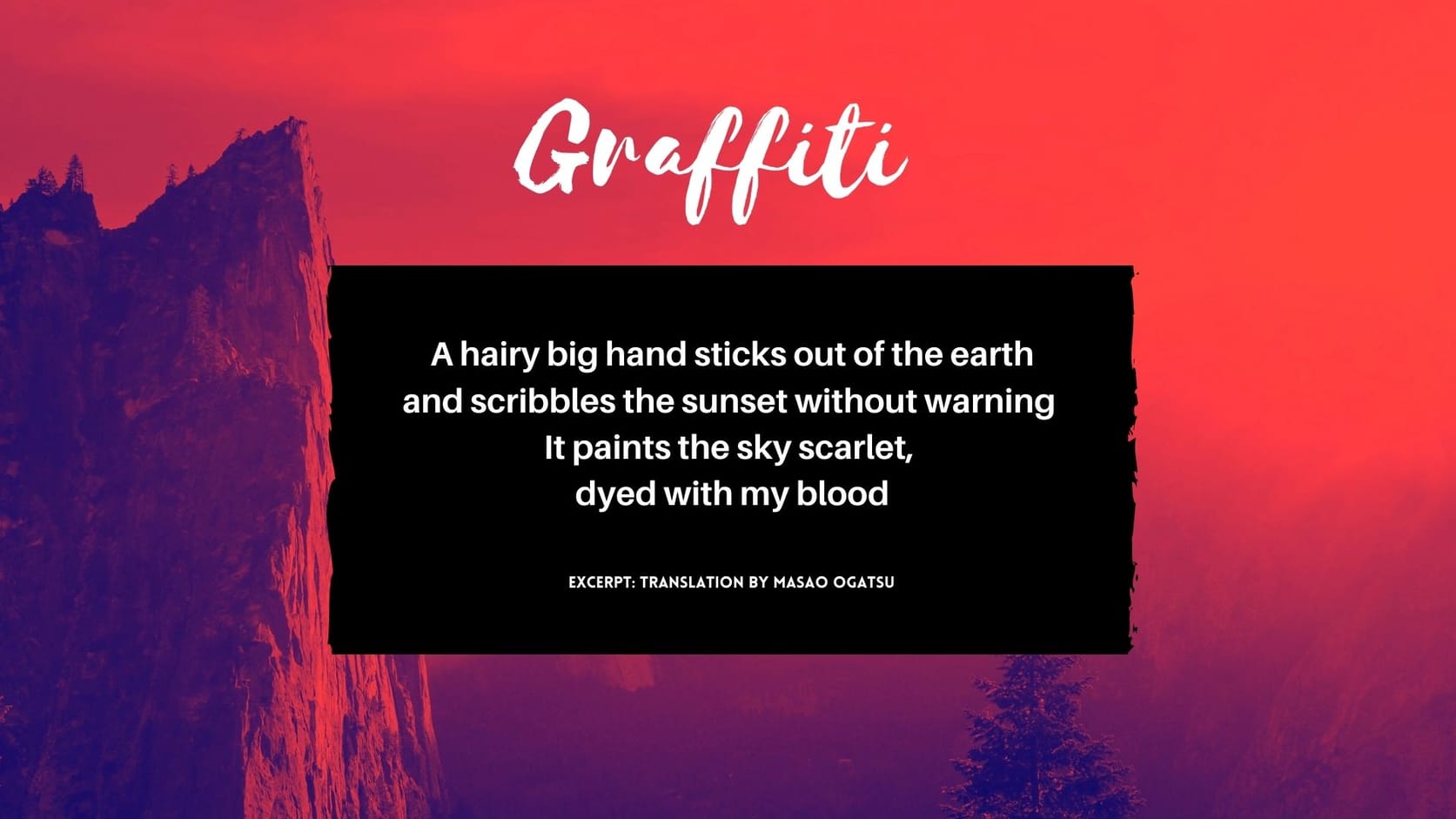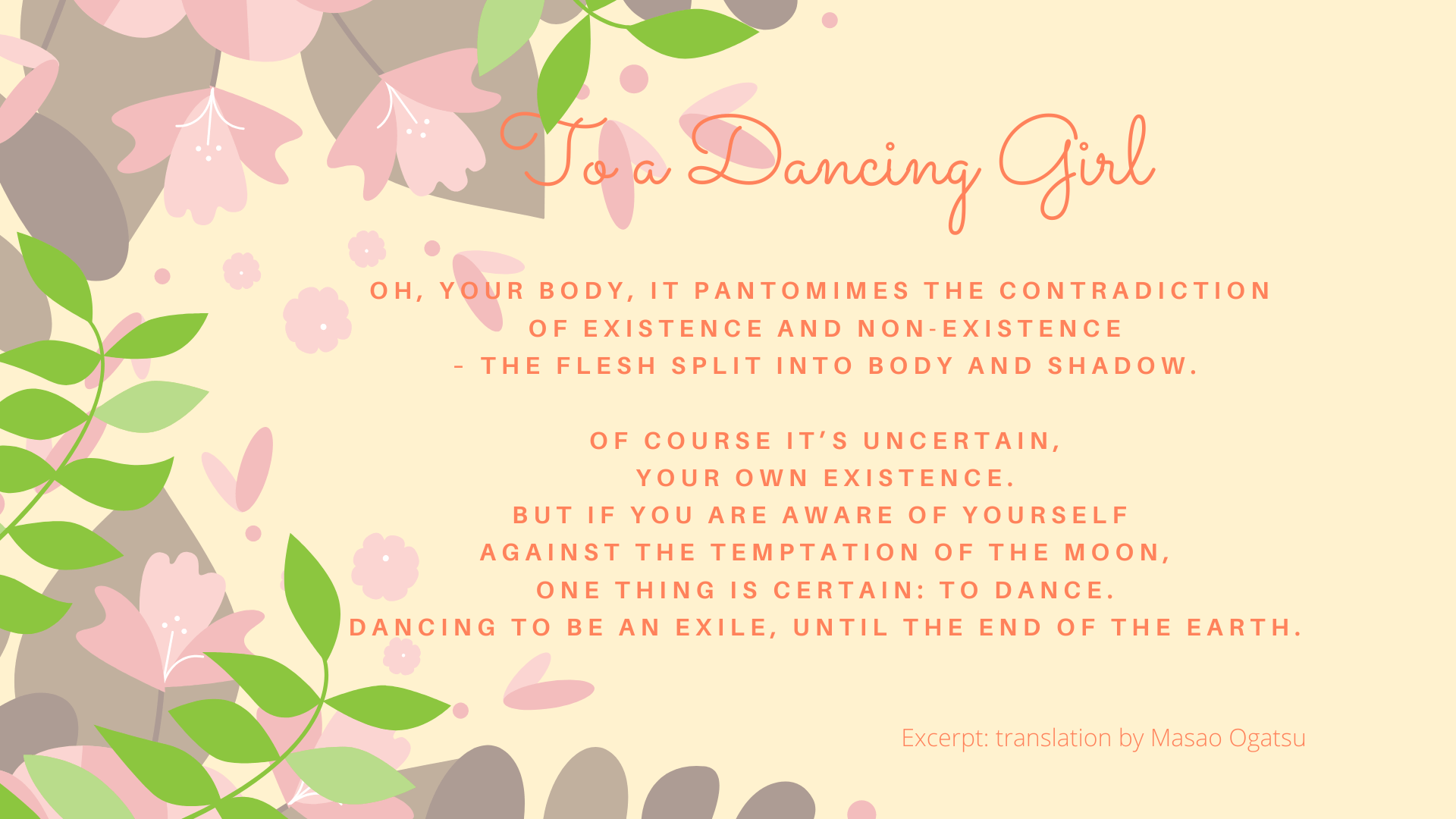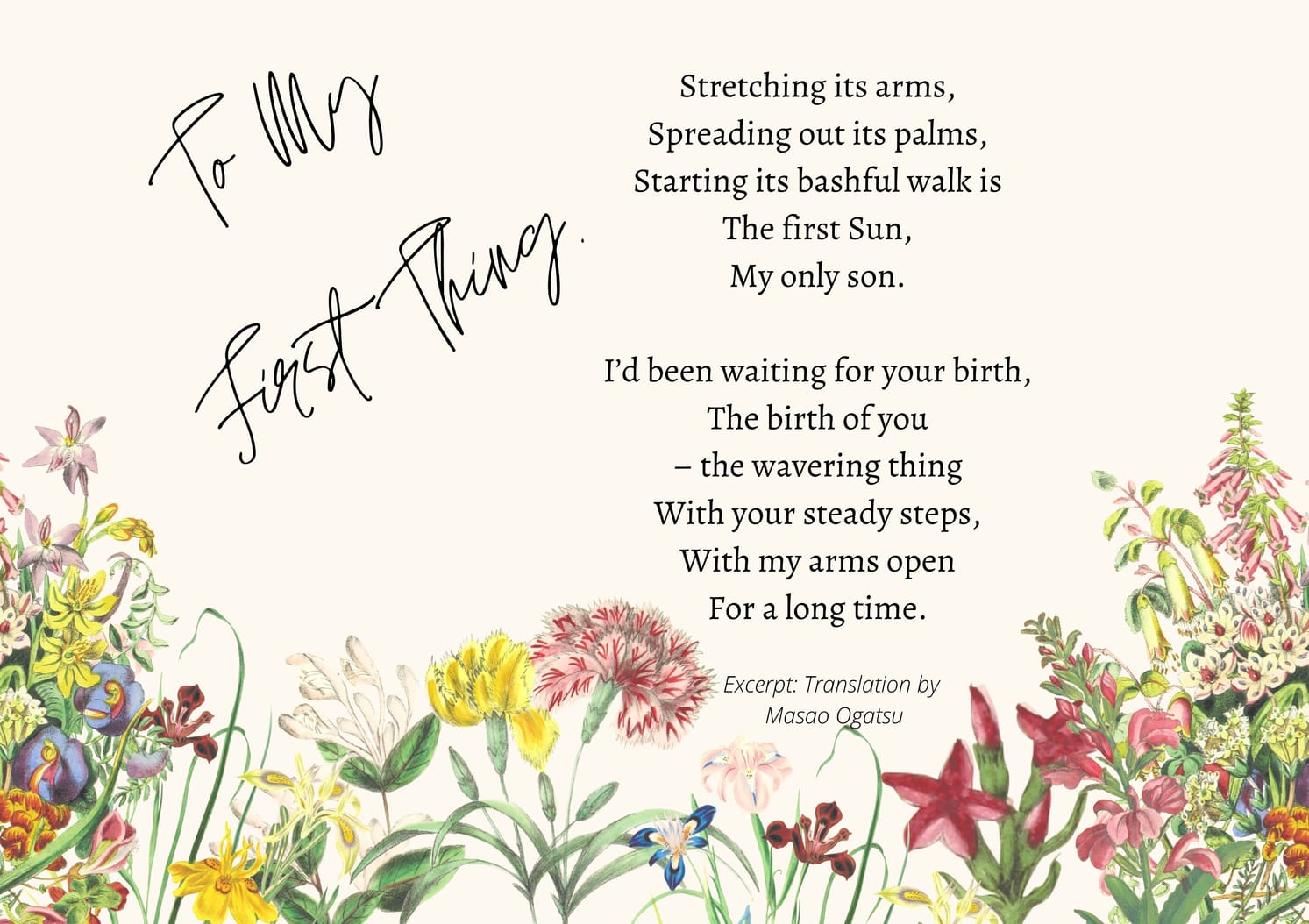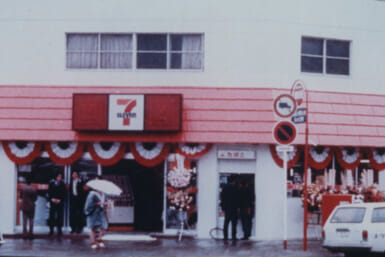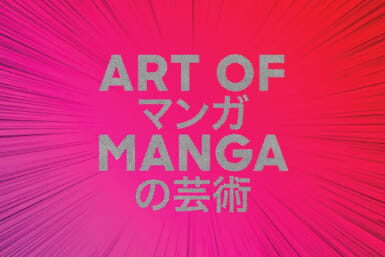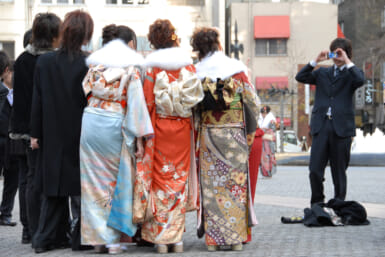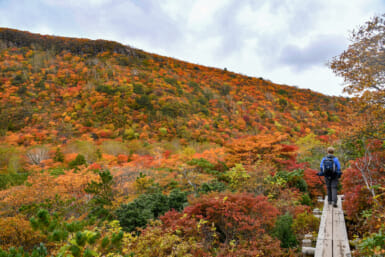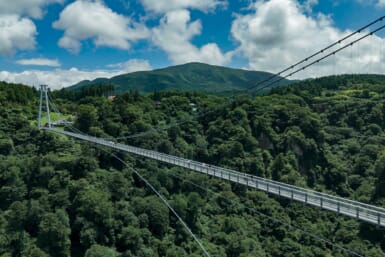2020 has been an unsettling year, with many of us searching for meaning and comfort. For a dose of wisdom and inspiration, we chat with 89-year-old poet Masao Ogatsu who has been using his craft for seven decades to express and understand the pain and joy of life.
Masao Ogatsu was 18 years old in 1950 when he was sent from his home in Hachioji to a hospital in the coastal town of Zushi due to a suspected case of tuberculosis. “Around World War II, this was the most feared disease in Japan,” Ogatsu notes. He was discharged one year later with a clean bill of health — and a deepened love of poetry, having taken long seaside walks and composed poems while convalescing. His impressive oeuvre, created over the ensuing 70 years, reflects his signature style: probing the depth of human emotions while fearlessly calling out social injustices.
Ogatsu was a member of an English-language discussion course I taught in Tokyo, and his fascinating life story unfolded during the walks, lunches and coffees that we enjoyed together after the class.
Born in Tokyo’s Yotsuya district in 1931 as the second of seven sons in a household that ran a rice business, Ogatsu relocated with his family to Hachioji in 1944 when the government began controlling the domestic rice supply. His uncle owned a fireworks company, which began producing weapons for the Japanese military including ceramic hand grenades and bombs made from washi. Ogatsu, still in junior high school, was conscripted to join an army explosives factory in Tama. “The military was desperate to win, and we were ordered to apply layers of gummy konnyaku paste to create the paper weapons,” he tells me during one of our café meetings. “I’m embarrassed just thinking about it.”
“It occurred to him: Why not be like Franz Kafka and work as a civil servant to secure economic stability while being free to follow his passion for writing?”
A talented student who loved debating with his teachers, Ogatsu had to leave school after the war to help care for his younger brothers after his father fell ill. Unable to afford a university education, he took a job with an electricity firm. His tuberculosis scare occurred soon afterward, and although he subsequently returned to work, he decided at age 21 that company life was too stifling. He took on various jobs until it occurred to him: Why not be like Franz Kafka and work as a civil servant to secure economic stability while being free to follow his passion for writing?
Ogatsu fortuitously soon heard about a local government opening in Hachioji and easily passed the examination. A bureaucrat by day, he could often be found after work in local cafés writing tanka and Western-inspired poetry, as well as lyrical poems and prose. Deeply influenced by the intense works of poets such as Rainer Maria Rilke, Paul Valéry and Sakutaro Hagiwara, Ogatsu similarly sought to do what writers, artists and deep thinkers have always done: transcend existing social and linguistic categories in order to give a voice to what lies unseen.
Consistently identifying with the marginalized and exiled, Ogatsu distilled his social critique into a single fictional protagonist he called Ustago. Neither male nor female, having no nationality or birthday, and being both mammalian and reptilian, Ogatsu aimed for the character to disrupt as many existing binaries as possible. “I wanted to show how language restricts and even betrays us with its limitations, so that we can move beyond clichés into something more inclusive,” Ogatsu says.
To achieve this, he inverted the normal rules of Japanese syntax, making abrupt shifts between kanji, hiragana and katakana, along with word plays and double entendres. “By writing the word kakumei (revolution) in hiragana script rather than kanji, I tried to feminize it and hint at including all of the perspectives that men have left out,” he tells me, recalling his own mother’s experience with patriarchy, as well as the substandard way he saw women being treated within the student activist movement.
“I have always tried not to shy away from writing about the dark parts that exist inside each of us,” Ogatsu explains. This sentiment is evident in his poetry about his wife Kumiko – clearly his muse – whose own story is a painful one. She escaped from the Sakhalin Islands via ship after the war, followed by a stint of abuse and homelessness. “When we met, she was planning suicide at Mount Takao,” Ogatsu confides. “I encouraged her to come and rest at my home, and our relationship took off from there.”
Ogatsu’s pure, raw display of emotion is also apparent in this poignant poem following the birth of his son Tatsuo:
My friendship with Ogatsu has been a source of great inspiration, not only because of his longevity – which he attributes to daily walks – but also his wisdom and frankness. “There is so much shallowness now in both Japanese and Western societies,” he tells me. “Just look at most television programs: They’re only designed to satisfy the top executives. There’s no depth at all.”
“There is so much shallowness now in both Japanese and Western societies”
Ogatsu has never achieved great fame (and, to be fair, never set out to), paying out-of-pocket even for those poetry volumes issued by famous publishers, and usually leaving copies of his self-published works at the National Diet Library. His talent has not gone unnoticed, however, and recently he was approached by a major publisher about marketing his Ustago collection as an e-book to young readers. Ogatsu’s latest volume, featuring poems and short essays written over decades, includes erotic stories and black humor, along with an almost surreal collection of his own dreams, both real and fictional.
Today, nearly 90 years old, Ogatsu continues to speak and read English fluently, and his social critique remains acutely sharp. “Samurai have morphed into salarymen, and some of the things I wrote in the 1960s could have been written today,” he remarks. “Seriously, nothing has changed. We really have not progressed much beyond the time of the dinosaurs.”
From the Cretaceous to the Jurassic era
From the Jurassic to the Cretaceous era
We are now in the period of dangerous weapons circulation
And it makes me sad to say that we absolutely love it.
(Excerpt: Translation by Kimberly Hughes)
However, just before excusing himself to go attend an international poetry reading group, he pauses to add: “Still, it’s the small things that give me hope.”

